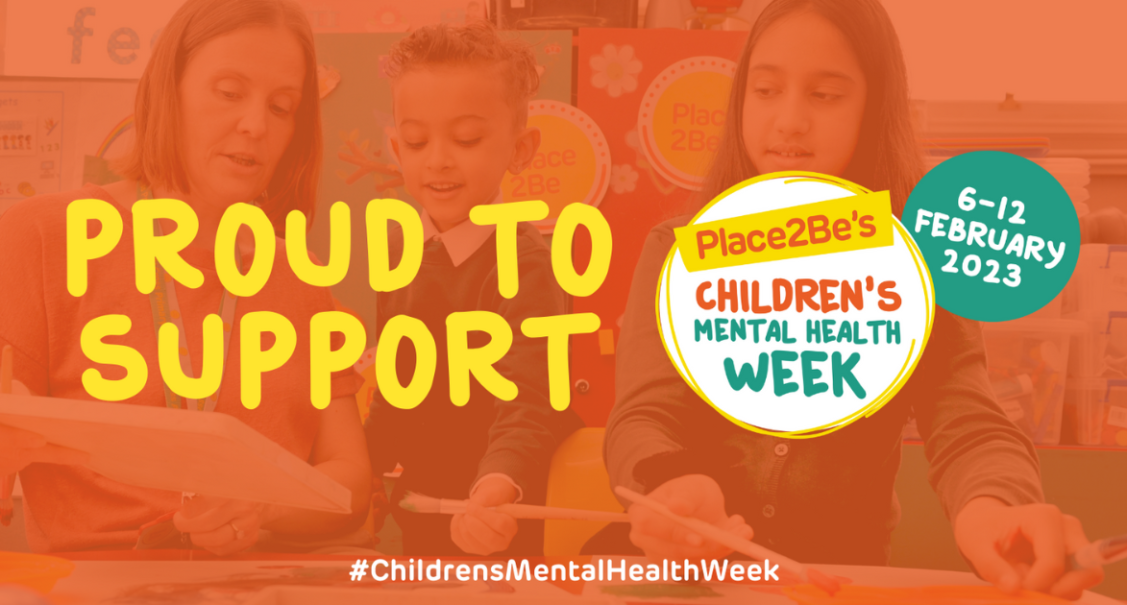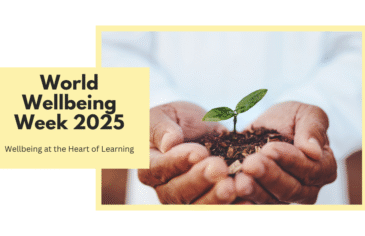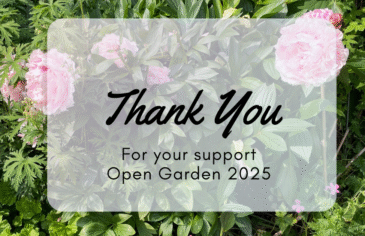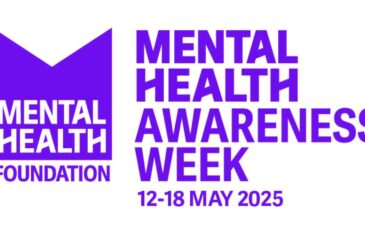Children’s Mental Health Week 2023
One of our Neurodiversity Champions at Red Balloon of the Air, Anabel Stindt, took the time to share her thoughts about the importance of Children’s Mental Health Week.
The theme of this year’s Children’s Mental Health Week (6 – 12 February), is ‘Let’s Connect’. The week was first launched by Place2Be in 2015, as a way of raising awareness about the importance of children and young people’s mental health. Place2Be is a children’s mental health charity which works to support young people and their communities. This is incredibly important work, and the stakes have never been higher.
According to research from Young Minds, in 2021, there were one in six children (ages 5 -16), who had a probable mental health issue. Just 4 years earlier, in 2017, it was one in nine. There was already a crisis in young people’s mental health in 2020, but the pandemic had a hugely detrimental impact. Young Minds reports that among young people with mental health issues, 83% stated that the pandemic and resulting lockdowns resulted in a significant worsening of symptoms.
As our society has developed, it has become increasingly individualistic and as certain traditions have been lost, so too has our sense of community. Families are now often scattered across the world, and neighbourhoods become increasingly insular, perhaps at least partly as a reaction to the often frantic pace of life. Technology certainly plays an important role in facilitating some level of connection, but it can sometimes ironically put up barriers, as it enables us to communicate without actually being together, which can leave us feeling even more alone at times.
This increasing sense of disconnection is something which affects children and young people just as much as adults. It is clear that we have a mental health crisis among young people in the UK, and a sense of isolation and loneliness plays an important role.
It is of course devastating to see young people struggling so much, and the challenges of accessing appropriate care cannot be ignored. However, there are ways we can support the young people in our families and communities, and this can start with a real connection. It can be difficult to know where to start, but luckily, there are some wonderful resources available from Place2Be and Young Minds, among others, which can really help families and other people who work with children and young people in navigating this complex issue.
Approaching Common Challenges
There is no simple solution which works for everyone, but here are a few ideas on how to approach some common challenges.
1. Helping young people to express their feelings and needs
Often young people have very intense emotions, but they just don’t know how to communicate them to others. This can lead to them internalising these feelings, which in turn can contribute towards anxiety and depression. One way to make this process easier is to talk to a young person while you are busy with another activity, for example going for a walk or a drive. Removing the pressure of just having a serious conversation, can help to facilitate connection.
2. Family connections
It can be very challenging to maintain connections within the family unit, with both parents and children living increasingly hectic and separate lives. It’s important to remember that it’s not always the amount of time we spend together, but the quality of the connection. Even small daily rituals can make a huge difference to family relationships. For example, trying to regularly eat at least one meal together, or even just a quick cup of tea. One common suggestion is to try and spend just a few minutes together as a family first thing in the morning, and last thing at night, to anchor the day.
3. Community connections
Some people have built-in communities thanks to religious beliefs or specific hobbies and interests. Others may have to work more consciously to create these opportunities for connection. Volunteering can be a wonderful way to create connections; being involved in the greater community in a way which clearly creates an impact, can be so valuable for a young person’s mental health. So often children feel out of control of their own lives, and helping someone else in some way can create a sense of belonging and value, that they really matter in the world.
Fostering Connections
The writer and researcher, Brene Brown, writes that she defines connection as the energy that exists between people when they feel seen, heard, and valued; when they can give and receive without judgement; and when they derive sustenance and strength from the relationship.”
This quote encapsulates our mission at Red Balloon; we want everybody to be seen for who they truly are, and to be accepted and celebrated for all of the parts which make up their unique selves.
In South Africa, there is the idea of ‘ubuntu’, an Nguni word which is difficult to directly translate, but can be understood as the idea that “a person is a person through other persons.” It is the acknowledgement that we all share this earth, and so are all connected; everything we do and everything we are affects each other.
So this Children’s Mental Health Week, let’s strive to create those connections, to find our tribes and to know that we all matter.
In the words of E.M. Foster, let us ‘live in fragments no longer!’
To find out more, go to childrensmentalhealthweek.org.uk., https://www.youngminds.org.uk/




